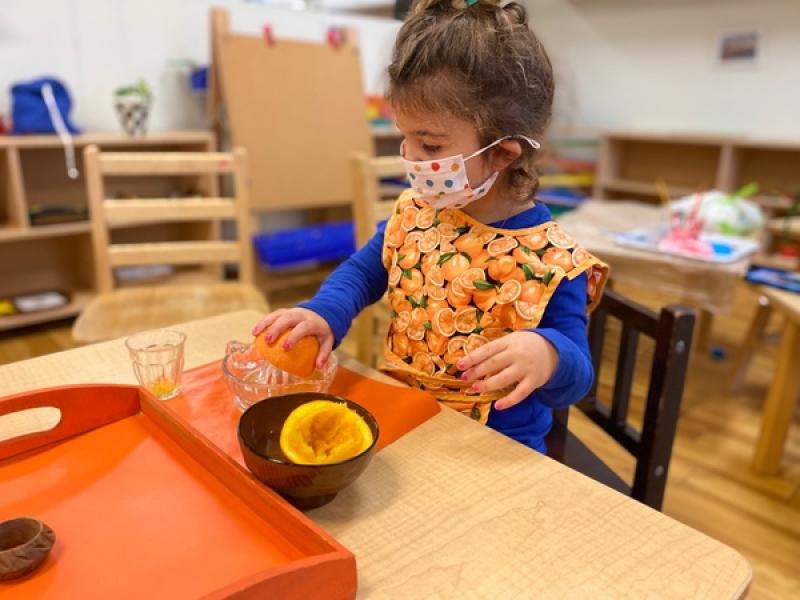As some of you noticed and will notice in the next few weeks, we are working hard on our gardens and hope to have them budding with life over the upcoming months. We hope that the children gain a valuable experience through this and expand their pallets, eating habits, knowledge of food and how it's produced, and also to see the process of seed to fruit (veggies). We hope to embrace organic gardening practices with no chemical fertilizers or sprays in our garden.
Many of you are aware of the importance of eating organic, but as we plant our own veggies, I wanted to share the updated "dirty dozen" and "clean fifteen" list with you. There is more and more research coming out of the environmental impacts of pesticides and chemicals and also how they contribute to developmental disorders. I'm attaching two articles on this, but here is the list for the foods: Pesticides in Produce 'Dirty Dozen' and 'Clean Fifteen'
Dirty Dozen
- Apples
- Strawberries
- Grapes
- Celery
- Peaches
- Spinach
- Sweet Bell Peppers
- Nectarines (imported)
- Cucumbers
- Cherry Tomatoes
- Snap Peas (imported)
- Potatoes
*Kale and Collards
* Hot Peppers
Clean Fifteen
- Avocados
- Sweet Corn
- Pineapples
- Cabbage
- Sweet Peas (frozen)
- Onions
- Asparagus
- Mangoes
- Papayas
- Kiwi
- Eggplant
- Grapefruit
- Cantaloupe
- Cauliflower
- Sweet Potatoes
Pesticides Harm Young Growing Brains
Environmental Toxins and Autism
-Caterpillar Teacher


